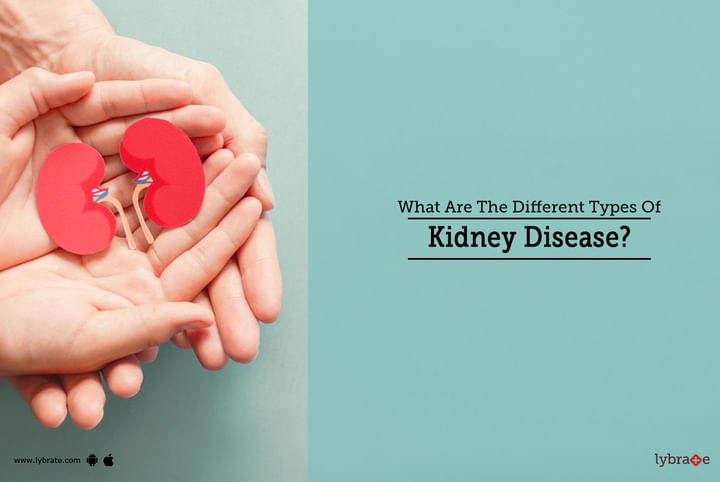What Are The Different Types Of Kidney Disease?
A kidney is a bean-shaped reddish-brown organ with its key function to filter blood. The development of any form of medical condition in this organ can have a drastic effect on your life. Especially in the current scenario where our lifestyle is not up to the mark, kidney disease is quite critical.
Kidney disease can be categorized on the basis of duration and its form of damage to the kidney.
Acute v/s Chronic
The first category is acute and chronic kidney disease. While acute kidney disease wears off its effects within a few days or a week, chronic diseases can stay up for a longer period of time. Physical injury to the kidney, allergic reaction to medications, general bacterial infections, major surgical procedures, or conditions associated with dehydration is some of the common examples of acute kidney disease.
Chronic kidney diseases are the ones where the patient needs to be put on a consistent treatment plan to manage the illness. These forms of illnesses don't improve with time and above all, they slowly deteriorate the overall wellness of your body. Damage due to diabetes, salt deposition, high blood pressure, or genetic disorders is a few examples of chronic kidney disease.
Cause Of Damage
The second category into which kidney disease has been differentiated is a type of illness that damages this important organ. Here are some of the reasons behind the damage of your kidney for a shorter or longer period of time.
Kidney stones - Deposition of salts like calcium oxalate, uric acid, struvite, and cystine can develop a solid mass type of stone in your kidney or other parts of the unitary system. Depending upon the size it can either come out with medications or one needs to undergo surgical procedures to remove the stone.
Glomerulonephritis - is a medical condition that can be described as a kidney infection (mainly in glomeruli) that develops unusual inflammation. This can be due to reasons like infections, drugs, or congenital abnormalities. In general cases, it wears off on its own, in others it needs medical attention to manage.
Polycystic kidney disease - Can be described as a genetic disorder that results in the development of numerous cysts in the kidney. These often cause blockage in the overall functioning of the kidneys resulting in kidney failure.
Urinary tract infections - UTI is a common kidney disease these days. It develops in the bladder and urethra due to a lack of hygiene. It is easy to treat and generally wears off with some home care and hygiene. If not addressed on time it can lead to kidney failure.



+1.svg)
